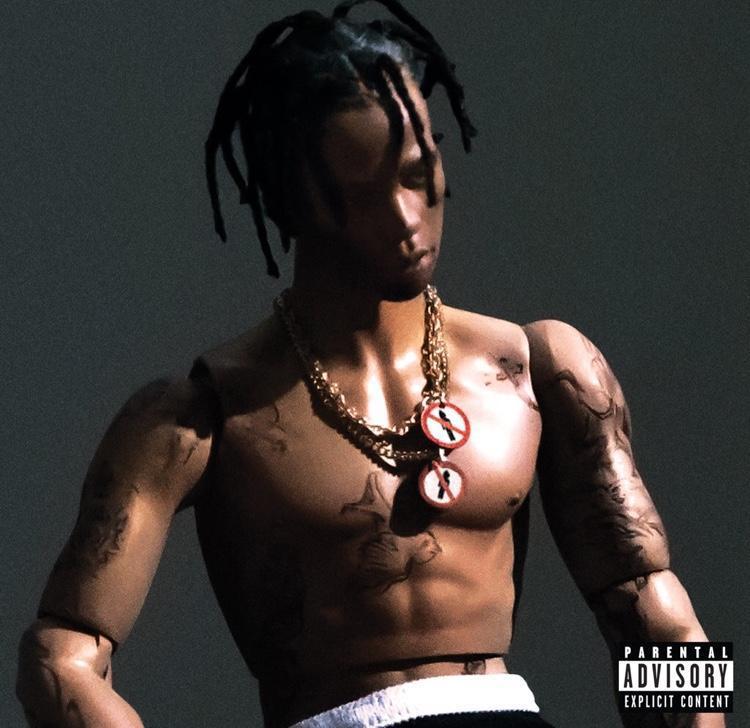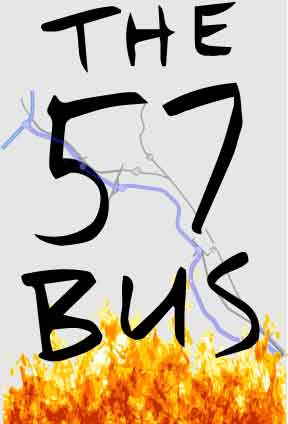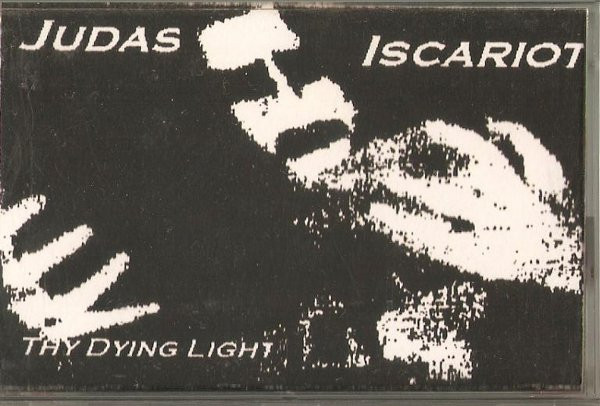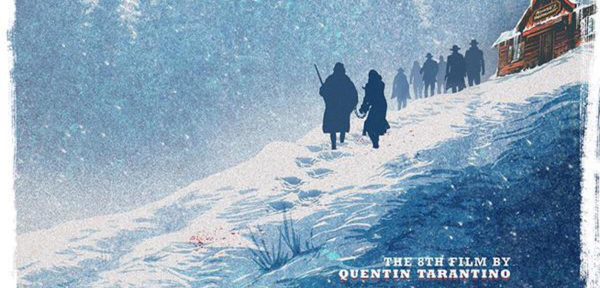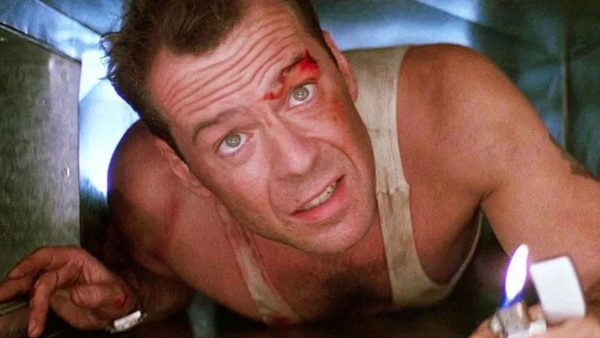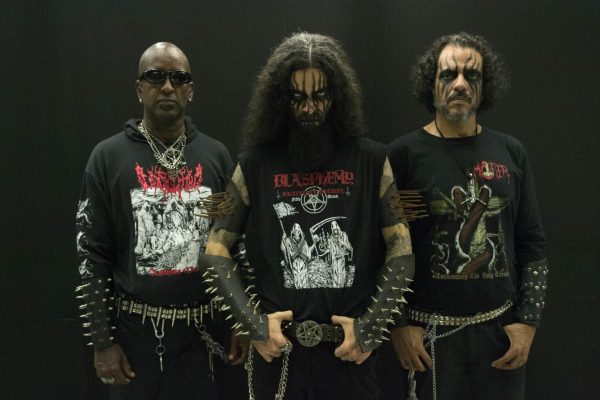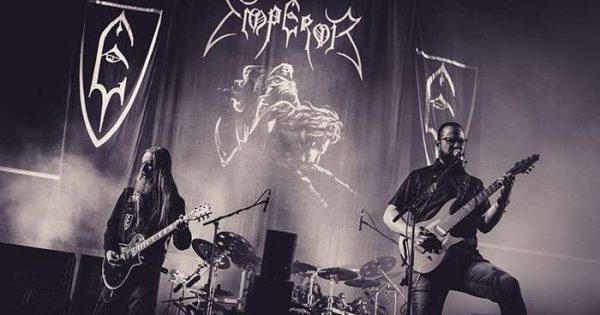Rodeo offers a mixed bag of treats
Jacques Webster, better known by his stage name Travis Scott, is an American rapper and record producer. Travis Scott is from Houston, and he reminds you of that sporadically on his debut album Rodeo. There’s even a screwed-and-chopped Pimp C hook and a Bun B reference to cement the fact. But, in reality, Scott is the embodiment of rap’s shrinking regionality.
He’s a rapper born for the Internet era for better or worse, and the Internet doesn’t rep a city.
In recent years, hip-hop has become less about capturing a local flavor and more about global mentality.
Think about how many rappers you hear mimicking Drake and Kanye West every day, and how few of them are actually from Toronto or Chicago. Where whole regions burst on to the scene at once (Houston in 2008, Atlanta in the early 2000s), that kind of background no longer matters, and Scott’s album and story are proof of that.
And Deadspin took an unnecessarily hostile tone in explaining Scott’s bizarre rise and similarities to other MCs, but it really is a strange, meteoric tale. He went from Houston to New York to L.A. impressing star after star rising surreptitiously without building the kind of grassroots support that was once necessary to get noticed.
That’s not to say Rodeo is all over the place, because it’s a pretty cohesive record, but not one that feels particularly tethered to an actual location. Scott takes his bevy of A-list guests into his world of drugs and swirling infernos of autotune, and for the most part they all find their place.
Quavo and Justin Bieber pitch in particularly memorable verses, but it’s hard to find fault even with records like the West collaboration “Pi** On Your Grave,” which is ultimately a whole lot of engine-revving and not much movement.
Scott has made a name for himself through his affiliation with West, helping craft the minimalist sound for Yeezus that is further honed here, but he’s actually signed to T.I.’s Grand Hustle as a solo artist, and Tip serves as a kind of host to Rodeo, popping in and out to drawl through soliloquies. Think DJ Drama but much less grating.
Sonically, Scott is the poster child of the SoundCloud rap generation. Drake doesn’t show up, but the OVO influence is evident on practically every second of Rodeo, which hums with layers of synths and inventive, hard-hitting percussion.
Elsewhere, “90210” switches halfway into a distorted breakbeat that sounds like vintage West, and “Flying High” blends early ‘90s call-and-response with an avant garde beat from Toro Y Moi and Pharrell into what is probably the album’s most radio-ready track.
By all accounts, Scott isn’t an all-star MC yet – His cadences get a bit repetitive at times. Still, what keeps him from being overpowered by the meticulously chaotic production is the fascinating dichotomy between his singing and rapping.
Plenty of artists have used auto-tune to warble their hooks, but few employ the technology as well as Scott, to the point that you sometimes forget he’s one person. Scott will croon his way through half a track before suddenly cutting to a ferocious rapped verse, keeping listeners on their toes.
Ultimately, it would have been nice to see some more vulnerability and empathy from Scott. With the stratospheric expectations that accompanied Rodeo and his time spent at the side of West, T.I., Pharrell and other hip-hop luminaries, it feels a bit like Scott is trying to skip a step and ascend straight to superstar status. “I am everything except a rapper,” is a bold claim for a freshman MC to make, but Scott does so on “I Can Tell.”
Rodeo is a quality album, and one of the better debuts of the year, but it could’ve been a classic by connecting to something a bit more tangible, and painting Scott as more than just a talented producer-rapper with a wide range of friends in high places.
Favorite song: Apple Pie
Least favorite song: I Can Tell
Rating: 6.5/10


